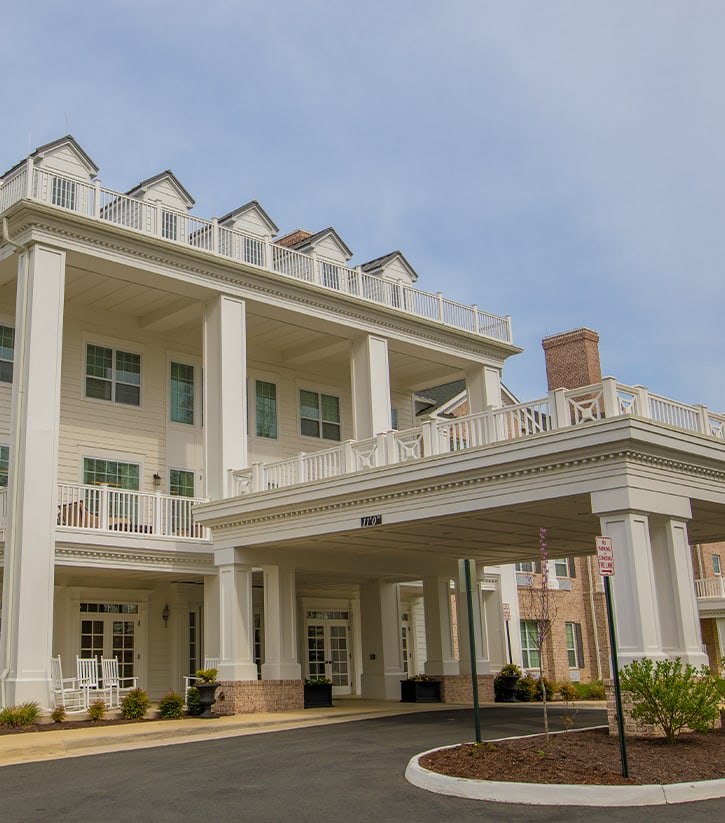As we age, maintaining independence while ensuring safety and well-being becomes increasingly important. For many seniors, assisted living offers a balanced solution, providing support with daily activities while promoting an active and fulfilling lifestyle. Understanding what assisted living entails, who qualifies, and the benefits it offers can help individuals and families make informed decisions about senior care.
What Is Assisted Living?
Assisted living is a senior housing option designed for individuals who need help with daily activities but do not require intensive medical care. It provides a blend of independence and support, helping seniors maintain their dignity while addressing practical needs like medication management, bathing, and meal preparation.
Residents in assisted living communities typically live in private or semi-private apartments, with access to communal spaces like dining areas, activity rooms, and outdoor spaces. Beyond care, these communities offer vibrant social environments that encourage connection and engagement.
The communities are designed with safety in mind, including features like emergency response systems and accessible layouts. With staff available around the clock, assisted living provides a secure environment where seniors can thrive.
Qualifications for Assisted Living
Determining whether assisted living is the right choice depends on a person’s specific care needs, preferences, and goals. Seniors who benefit most from assisted living often fall into one or more of the following categories:
- Need assistance with daily activities: Tasks like dressing, bathing, or managing medications may become challenging with age. Assisted living communities provide the right level of support for these activities without compromising a resident’s independence.
- Desire a social community: Seniors who feel isolated at home often thrive in a community setting where they can participate in group activities, share meals with peers, and build meaningful relationships. Social engagement can also improve mental health and overall well-being.
- Safety concerns at home: If living alone creates safety risks, such as frequent falls, difficulty navigating stairs, or challenges managing household upkeep, assisted living offers a safer alternative with accessible living spaces and 24/7 staff availability.
- Struggling with nutrition or household tasks: For seniors who find cooking, grocery shopping, or maintaining a home overwhelming, assisted living provides solutions like chef-prepared meals and housekeeping services.
For individuals with mild cognitive impairments, assisted living may also provide structured routines and additional support that help manage memory-related challenges. However, advanced cognitive or medical needs might require more intensive care, such as that offered by specialized memory care units or nursing homes.
Families and individuals considering this option should also weigh emotional readiness for the transition. While the move can feel daunting at first, assisted living often becomes a positive and empowering choice, providing both residents and families with peace of mind.
Benefits of Assisted Living

Assisted living provides a range of benefits that address the physical, emotional, and social aspects of aging. One key advantage is personalized care. Services are tailored to the unique needs of each resident, ensuring they receive the right level of support without compromising independence. For example, while some residents may require daily help with dressing or bathing, others might only need reminders for medication.
These communities also prioritize social interaction. Seniors can participate in activities such as fitness classes, arts and crafts, or group outings, which help foster a sense of belonging and combat isolation. The opportunity to connect with peers often boosts mental health and overall happiness.
Safety and security are integral to assisted living environments. Communities are staffed 24/7, and residents have access to emergency response systems, ensuring help is always available. This peace of mind extends to family members, knowing their loved one is in a supportive and safe environment.
Convenience is another major benefit. Daily responsibilities like cooking, cleaning, and laundry are handled by the community, allowing residents to focus on their interests and hobbies. This streamlined lifestyle can significantly enhance quality of life for seniors.
What to Look for in an Assisted Living Community
Choosing the right assisted living community involves several considerations. Families often start by touring communities to get a sense of the environment, staff interactions, and resident experiences. Some key questions to ask include:
- What services are included in the monthly cost, and are there additional fees?
- How does the community handle changes in care needs over time?
- What types of activities and programs are available?
- Is transportation provided for medical appointments or personal errands?
A thorough evaluation helps ensure the community aligns with the senior’s needs and preferences, creating a positive and supportive living experience.
Taking the Next Steps
Assisted living offers a compassionate solution for seniors seeking a balance between independence and support. By providing personalized care, fostering social connections, and creating a safe and convenient environment, these communities enhance quality of life while easing the challenges of daily living.If you or your loved one is exploring senior care options, Ashleigh at Lansdowne is passionate about creating senior living experiences that are fulfilling and thoughtful. Our programs are crafted with a focus helping residents enjoy life in a safe environment. If you’re considering assisted living for you or for a loved one, contact us.













